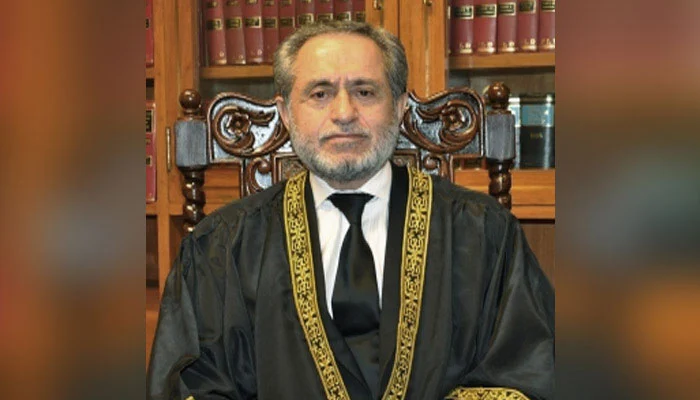Key Remarks:
Justice Jamal Khan Mandokhail stated that under the Army Act, a person cannot be tried until charges against them are formally framed.
Hearing Details:
The Supreme Court’s seven-member constitutional bench heard appeals against the trial of civilians in military courts.
The bench was headed by Justice Aminuddin Khan and included six other justices.
Arguments Presented:
Defence lawyer Khawaja Haris explained the process under the Army Act, emphasizing the importance of framing charges as a basis for investigation.
Haris distinguished between allegations (charges) and a chargesheet framed during the trial.
Judicial Queries:
Justice Musarrat Hilali asked about the inquiry and FIR process after charges are framed.
Questions were raised about the impartiality of military court judges, particularly given their “uniformed” role.
Justice Hilali humorously retorted to Haris’ comment about uniforms, creating light moments in the courtroom.
Observations on Law and Enforcement:
Justice Mandokhail stressed the equal application of the law, regardless of strictness.
Justice Mazhar questioned whether the law is always enforced effectively.
Haris explained that military court decisions are made by majority vote, and accused individuals can object to judges before trials.
Judicial Concerns:
Justice Hilali pointed out that questions about the impartiality of judges are being raised even in civilian courts.
Outcome:
The bench deliberated on legal and procedural aspects but made no immediate ruling on the appeals.



